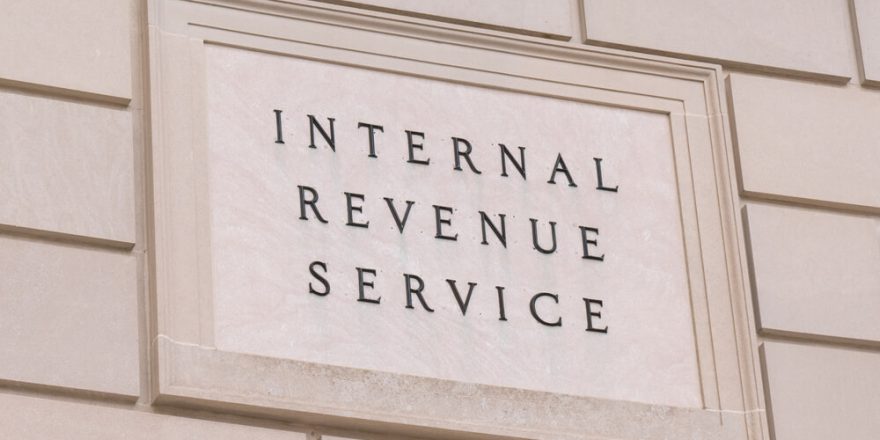The IRS Is Revamping Its 2022 Crypto Reporting Requirements
Following record-high adoption in 2022, the Internal Revenue Service (IRS) is revamping its crypto reporting requirements.
The IRS Is Upping the Ante on Its Crypto Reporting Requirements
For starters, the IRS is no longer referring to crypto as “virtual currencies” but as “digital assets.” On your 1040 income tax form, you will now be asked the following question:
At any time during 2022, did you: (a) receive (as a reward, award, or payment for property or services); or (b) sell, exchange, gift, or otherwise dispose of a digital asset (or financial interest in a digital asset)?
The agency doesn’t see digital money as actual money. Rather, the agency views crypto as property. Thus, the reporting protocols are quite different when compared with reporting income you’ve received from a job.
Abhinav Soomaney – a managing partner at Crypto Tax International – says he’s been helping people report their activity since 2018. In a recent interview, he commented on the new IRS reporting requirements and said:
With crypto taxes, there are challenges quite often. NFT tax calculations are a recent challenge I can think of, and tracking NFTs is extremely difficult. When NFTs are purchased, Ethereum (a cryptocurrency) is sent from the buyer’s wallet to the seller’s wallet, and a new cost-basis pool is created, but when NFTs are transferred from one wallet to another and sold via over the counter (over-the-counter trading refers to trading via agencies or people that carry out your transactions for you, isolated from regular exchanges), it becomes extremely difficult for us as accountants to track.
He further stated:
To overcome this, we have integrated an IT team that plugs in codes to pull appropriate information directly from the blockchain. Tracking the transfer of tokens from one wallet/ exchange to another is a big challenge we face. The most efficient and accurate way to handle this is using a manual transfer analysis whereby we combine all transfers made by the client and then arrange it chronologically to secure the appropriate cost basis and date acquired for tokens transferred and sold or held on another platform. We want to make sure this process is done correctly and that both the public and private sectors are happy.
Putting Everything in Perspective
He says that people would be making a huge mistake to ignore the rules and said:
With very limited government guidelines, every step of the crypto tax space can be looked at as a challenge, but we as crypto tax experts try our best to find a solution for all clients tailored to their needs. The film/ TV and entertainment space has popularized trying to experiment with using crypto for budgets, fundraising, or artist payments over the past few years. Some people utilized this because of the lack of reporting infrastructure at the time and the potential for currency value increase.
Source: Read Full Article

